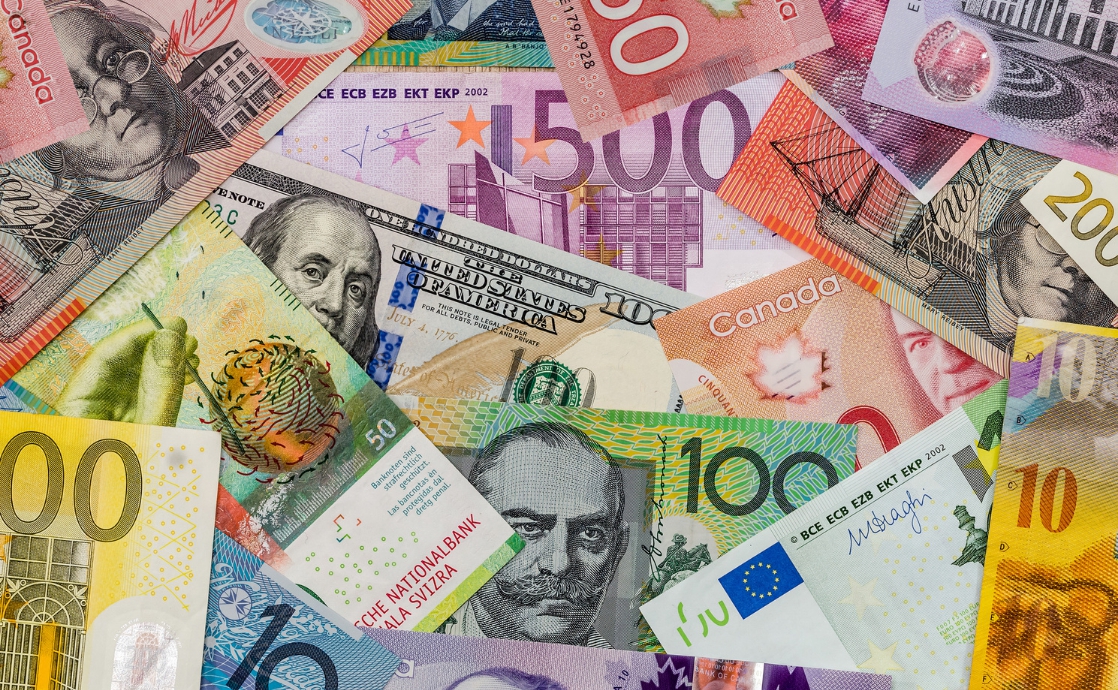The views expressed in our content reflect individual perspectives and do not represent the authoritative views of the Baha'i Faith.
“Am I my brother’s keeper?” Cain said to God after slaying his brother Abel. That famous question from Genesis forms one of the primary moral lessons of Judaism and Christianity – and of all religion.
In the Torah, Abraham and Moses asked us to be our brother’s keeper. In the New Testament, Christ asked everyone to be their brother’s brother. In the Baha’i revelation, Baha’u’llah addressed all humanity when he wrote “Blessed is he who preferreth his brother before himself.” In this new version of the Golden Rule, the Baha’i teachings ask all humanity to humbly serve others, seeing their needs as even more important than our own.
Can you imagine a world where most people follow that spiritual advice?
RELATED: How Community Banking Brings Prosperity to Everyone
Along those lines, one of the solutions to contemporary issues explained in the Baha’i writings deals with solving our economic problems using spiritual solutions. We need that approach to inequality, because economic injustices have reached a critical level in today’s world. Millions of our brothers and sisters suffer, dragged into a life of poverty every day. Abdu’l-Baha, in a major address he gave in Philadelphia in 1912, explained the solution:
… Baha’u’llah set forth principles of guidance and teaching for economic readjustment. Regulations were revealed by Him which ensure the welfare of the commonwealth. As the rich man enjoys his life surrounded by ease and luxuries, so the poor man must, likewise, have a home and be provided with sustenance and comforts commensurate with his needs. This readjustment of the social economy is of the greatest importance inasmuch as it ensures the stability of the world of humanity; and until it is effected, happiness and prosperity are impossible.
Since my field of interest is economics, I concentrate on the sufferings caused by the mismanagement of the world’s economic resources, which has left billions of people in misery, not having enough to eat – and others who have billions and find ridiculous ways of hoarding it or wasting it.
The rest of us, who are neither rich nor poor, can feel powerless about this unjust disparity. We may think we cannot do anything to bring about a change, and must wait for the arrival of a new system. I do not accept this excuse, and believe we can gradually change the economic system by injecting morality and humanity into it, all while participating in our own economic activities. The global, democratically-elected administrative body of the world’s Baha’is, the Universal House of Justice, recently wrote:
Every choice a Baha’i makes — as employee or employer, producer or consumer, borrower or lender, benefactor or beneficiary — leaves a trace, and the moral duty to lead a coherent life demands that one’s economic decisions be in accordance with lofty ideals, that the purity of one’s aims be matched by the purity of one’s actions to fulfil those aims.
RELATED: The Connection Between Spiritual Principles and Financial Planning
My book on spiritual solutions to the world’s economic problems has a chapter called “Practical Economic Suggestions for Everyday Use.” Here are 9 of them:
- Changing our mindset. The first action we call all take is internal – by changing our mindset and recognizing that the Baha’i concept of economics is fundamentally different and is based on spiritual and moral principles. Abdu’l-Baha explained it clearly: “The secrets of the whole economic question are Divine in nature, and are concerned with the world of the heart and spirit.”
- Pay a fair price. If you feel that the price of something is too low, pay more than the asking price. One of the most beautiful things related to economic activities is the commitment of fair-minded people to disregard existing prices and pay more, because they believe their estimate of the price to be just.
- Share profits with employees. The workers need to have a share of the profits. Besides profit-sharing, there are many ways to help. Get medical coverage for employees. Support the emotional and physical well-being of employees. Taking care of workers is a privilege and an opportunity to serve people. Looking for such opportunities is a beautiful act.
- Pay fair wages, not based on what society dictates. We do not need to follow the minimum wage guidelines. Society’s wage guidelines should not prevent us from paying more if we think that is fair.
- Require reasonable interest rates. If you lend money, ask for a reasonable interest rate, not the maximum one. The interest rate has to be fair and reasonable. Banks should not be the only ones setting interest rates.
- Participate in social and economic projects. We can help change the world for the better by getting involved in these kinds of projects – they can represent a valuable way of learning and contributing.
- Create a consciousness of the human family. Your welfare, well-being and happiness ultimately depend on the welfare, prosperity and happiness of every poor, needy, and underprivileged person in the world. The real meaning of the oneness of humankind will come into being when we see others as members of our family. The Universal House of Justice wrote: “The welfare of any segment of humanity is inextricably bound up with the welfare of the whole. Humanity’s collective life suffers when any one group thinks of its own well-being in isolation from that of its neighbours’ or pursues economic gain without regard for how the natural environment, which provides sustenance for all, is affected.”
- Give generously to those working for minimum wage or earning very little. We can find ways to pay more to all those working for a minimum wage, be it in the form of a generous tip or giving more than the asking price to street sellers who earn a pittance from their sales. How can we otherwise reduce the gap between the rich and the poor if we do not make selfless contributions?
- Be considerate to those who rent from you. Be sensitive to the situation of everyone. If they are in trouble, be flexible with their rent payments. Let them miss a payment or part of a payment. Besides the spiritual satisfaction you feel, you also gain a tenant who cares for you and your property and will use it as if it’s theirs. It makes economic sense since you will probably lessen the cost of repairs.
Each of these tips can help us apply Baha’u’llah’s spiritual counsel to prefer his brother above himself. First, though, we all must evolve to the point where we see the oneness of the human family, and see all people as our brothers and sisters.
















Comments
Sign in or create an account
Continue with Googleor